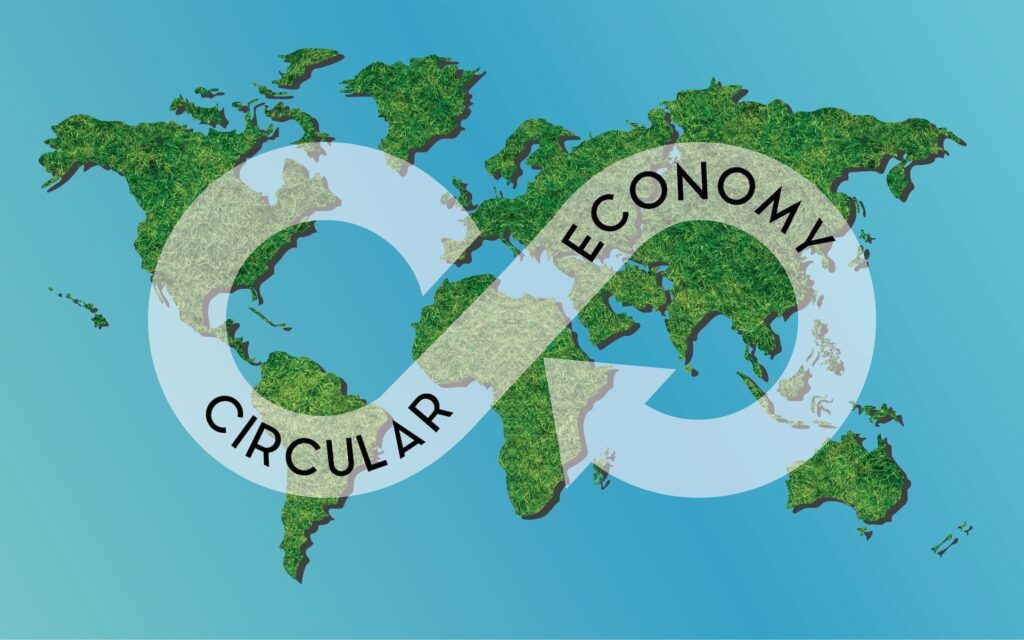Circularity depends on local partnerships
 Image credit: Via: circulareconomy.europa.eu
Image credit: Via: circulareconomy.europa.eu
“We have to have better partnership and standards that are more manageable.”
Description
(28:30) “Circularity… the only thing to make it work is partnerships, especially between industry and the municipalities because in circularity, you have to think local, not only global. Otherwise, it stops being circularity. The zoo of regulations, the zoo of ways that disposal companies operate because of how the municipalities operate, and the partners that serve the industry… every single country is different. There are even differences in the same country, right? So one city does things differently than the other. So, for me, innovating on waste is feeling very, very constraining and I feel really frustrated sometimes in the sense that I cannot find the solutions that are more fitting to a global company like we are. We have to have some better partnership, have some standards that are more manageable.”
Relevance
Governments carry the public responsibility to create the boundary conditions for the circular economy to achieve its full potential. Municipalities can employ a series of regulatory, economic and soft instruments to achieve socially desirable outcomes and ensure the sustainable and inclusive development of their cities.
Learn more
Vision
EIT Manufacturing vision for the future of Manufacturing in Europe in 2030, called ‘Fixing Our Future
Enablers
Enablers for future change and actions to make the vision, as described in Fixing Our Future, a reali
Signals
A knowledge library of over 100 signals of change, as examples of emerging manifestations towards the
About the project
Learn more about the background, the process and the people and the contributors behind this project.

